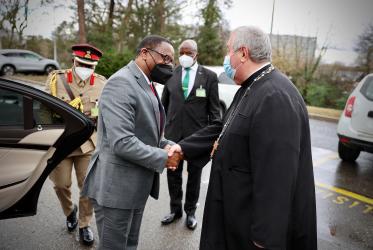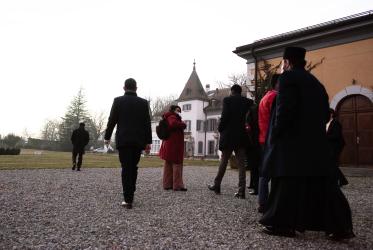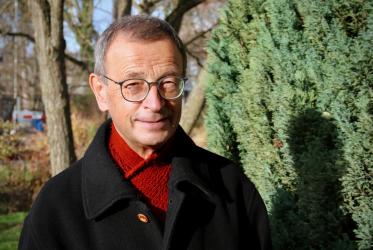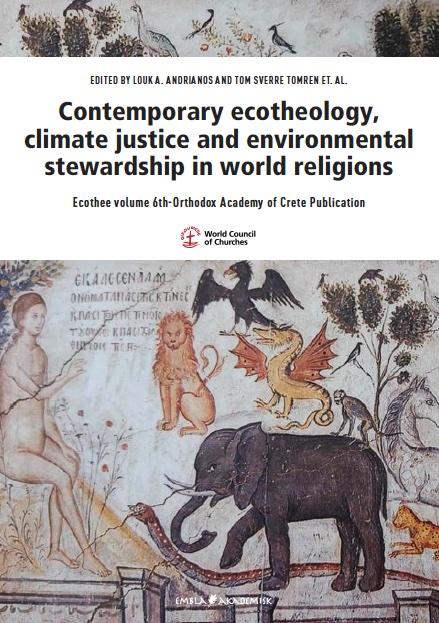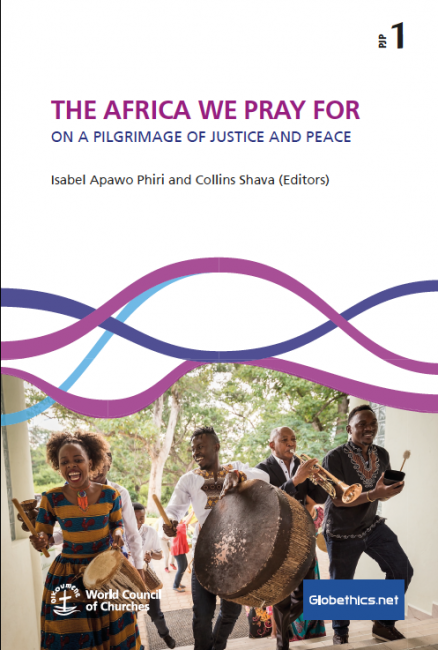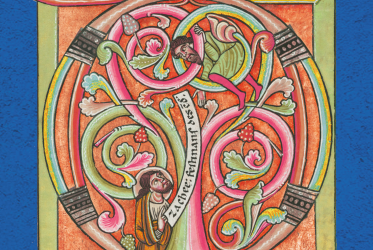Displaying 161 - 180 of 1045
President of the Republic of Malawi visits WCC with hope for Africa
24 February 2022
European churches grapple with challenges of secularization
16 February 2022
New eco-theology book combines diverse views with best practices
10 January 2022
Brother Alois: Faith in Christ means strengthening unity
21 December 2021
Contemporary Ecotheology, Climate Justice and Environmental Stewardship in World Religions
Ecothee Volume 6th-Orthodox Academy of Crete Publication
19 December 2021
ZacTax Toolkit equips churches for tax justice
02 December 2021



